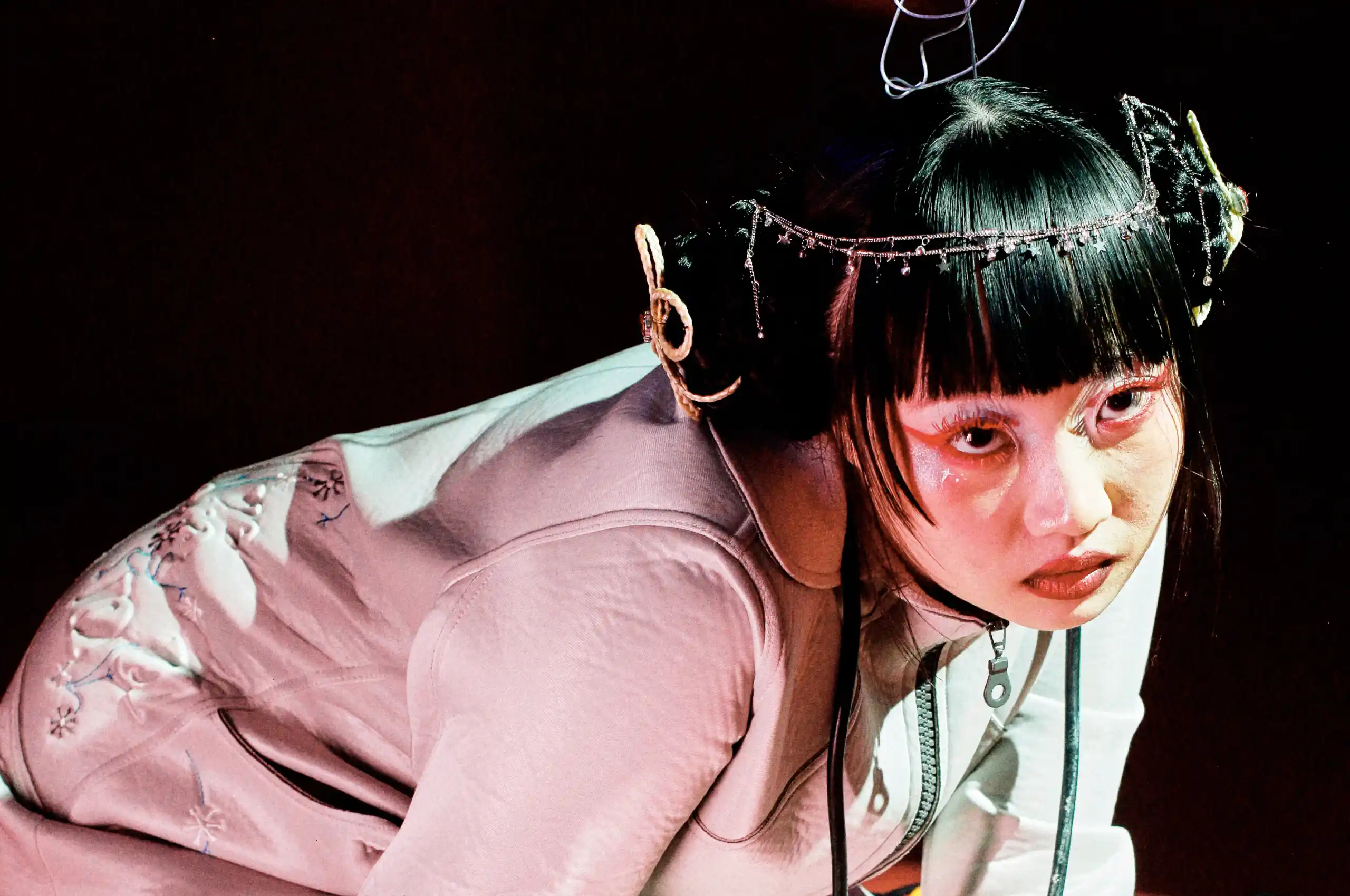Despite complaints from fans that they only ever get a Lorde album once every four years, the New Zealand singer always seems to come back at just the right time. Call it her divine intervention as the recent release of Virgin only serves as further proof of her messianic timing.
When she released Pure Heroine in 2013, I was in the sixth grade and only able to appreciate it as the album that “Royals” came from. I only learned to love “400 Lux,” “Ribs,” and “White Teeth Teens” in 2017, when the release of Melodrama prompted me to revisit Lorde’s earlier work.
By then, I was at the same age Lorde was when she wrote Pure Heroine, old enough to finally understand the insecurity and detachment pervading the album. Listening to Pure Heroine and the more cinematic Melodrama back-to-back, I found that Lorde was, to me, two things: relatable and aspirational. But over the past eight years, I’ve learned to appreciate Lorde’s music beyond relatability.
When Solar Power came out in 2021, I had a hard time placing myself in its world despite its acoustic, easy-listening instrumentation. Virgin, which just came out, is even harder to digest.
In Virgin, Lorde strips everything back — literally and figuratively. The album cover is an X-ray image of a pelvis, reflecting the album’s ethos of baring oneself. “I’ve made work in the past that was sort of dramatizing it as the point and pumping up the saturation on the colors and that’s so sick,” she said in a triple j interview. “But I really felt with this one that there was something very plain and true that needed to come, something pure.”
Fans on social media also reported getting a photo of her unshaved crotch in the vinyl’s insert, which shocked many but seemed to be the next step after the cheeks-out album art of Solar Power.

The rollout has made a lot of noise, too, specifically because the album — and by extension, Lorde herself — seemed to be exploring gender. Earlier this year, fans speculated that Lorde was “going nonbinary” when she started appearing in public in baggier clothes and less makeup. I thought she looked like a hot, zillennial Tommy Wiseau, but it didn’t exactly make her nonbinary. Yet in the album’s first track and third single, “Hammer,” she says, “Some days I’m a woman, some days I’m a man,” and that seemed to be all the confirmation anyone needed.
But Lorde hasn’t confirmed anything about her gender identity, and she doesn’t have to, saying she’s “resistant to boxing it up.” In “GRWM,” she finds that she is unable to find a grown woman in herself because the growth process is still incomplete. The song could also be read as a meditation on gender, speaking to the experience of not feeling woman enough. It’s that experience that led to Lorde making “Man Of The Year,” which she wrote after putting on a “hot girl dress” at the 2023 GQ Man of the Year award ceremony and feeling unlike herself.
Virgin captures the singer in the middle of exploration. Lorde described the album as a body of work shaped by her rejection of the gender scripts she was handed as a girl that came to fame. “I remember vividly in that first year of being famous, so many people saying — I’m paraphrasing — ‘It’s so good you don’t take your clothes off like these other sluts,’” she told Rolling Stone. “I’ve always known that having those qualities ascribed to me so young [meant that] me being more open with my body, with my sexuality, [would] carry real weight and agitate and alienate.”
I think what makes Virgin resonant now isn’t just that it’s relatable to her fanbase of queer people. Where Solar Power was released at the peak of TikTok crunch and pseudo-spirituality, Virgin comes at a time when the return of conservatism to the mainstream makes Lorde’s exploration of gender all the more raw and urgent.
In this new phase, Lorde dares to speak loudly of ambiguity and uncertainty. Virgin doesn’t offer neat answers or an arrival point — it’s too honest for that. Instead, it invites us to sit with the discomfort of change, to step into the unknown without flinching.







